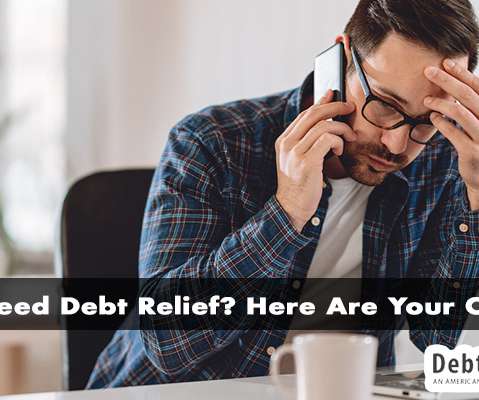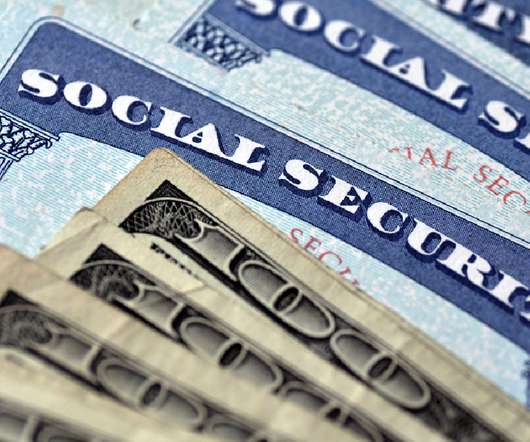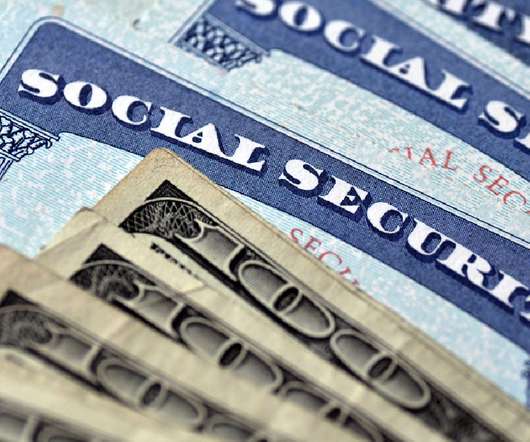Consumer Debt vs. Non Consumer Debt
Sawin & Shea
SEPTEMBER 14, 2022
Your consumer and non-consumer debts impact your ability to file Chapter 7 bankruptcy, and your debt types also determine what’s protected by an automatic stay when filing Chapter 13 bankruptcy. They can assist you through the bankruptcy process and can keep creditors from unlawfully harassing you.


















Let's personalize your content